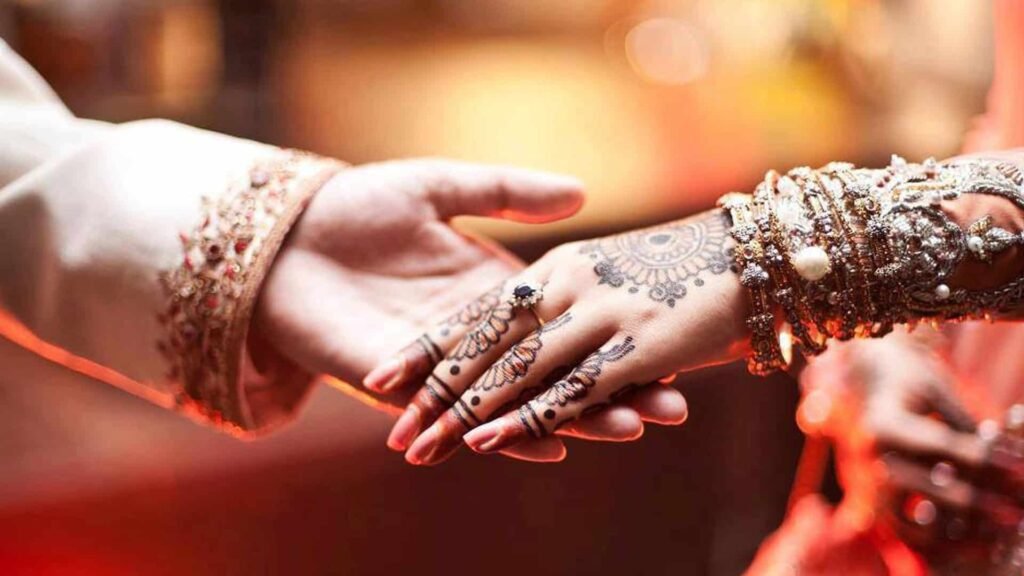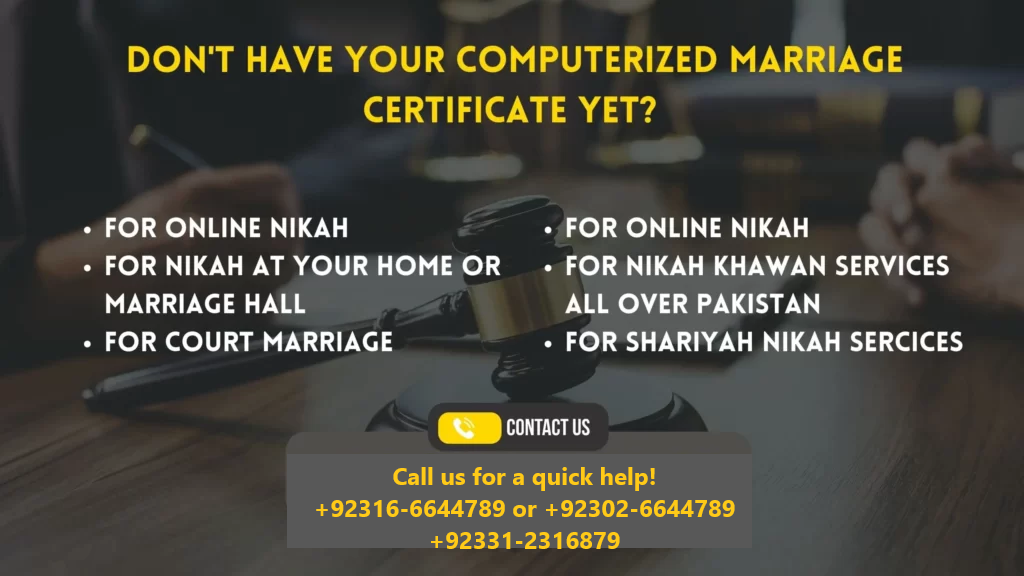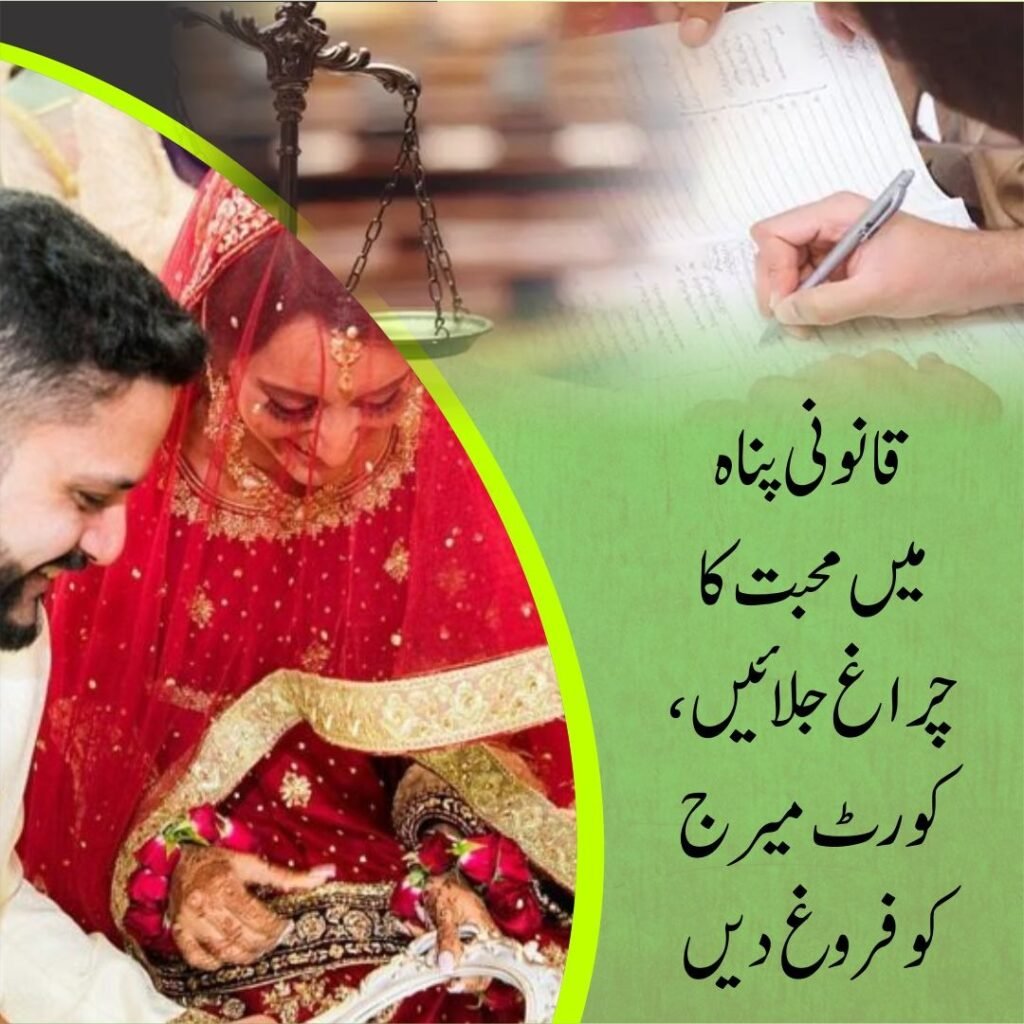Court Marriage Paper: Your Roadmap to Marriage
Get an answer to any query regarding Court Marriage/Civil Marriage!
“Court Marriage Paper: Your Roadmap to Marriage” is your comprehensive guide to understanding the legal documentation required for court marriages. This resource will walk you through the essential documents needed, the process of filling out court marriage papers, and provide valuable tips to ensure a smooth court marriage experience. Whether you’re preparing for court marriage or simply want to familiarize yourself with the paperwork involved, this page is your go-to source for all the information you need to navigate this important milestone in your life.
Court Marriage Paper Requirements
Court marriage paper requirements may vary depending on the jurisdiction you are in, but there are some standard documents and forms that you will need to prepare. These include essential documents such as birth certificates, identity proof, address proof, and passport-sized photographs. These documents serve as evidence of your identity and eligibility for marriage.
In addition to these basic requirements, it is essential to familiarize yourself with your local authorities specific court marriage paperwork checklist. This may include additional documents or forms that must be filled out accurately and submitted within a specified timeframe. By understanding the court marriage paper requirements beforehand, you can ensure a smooth and hassle-free process for legalizing your union.
Essential Documents for Court Marriage
Getting ready for court marriage? One of the most important steps is gathering all the essential documents. These documents will serve as proof of your identity, age, and address. They are crucial in ensuring a smooth and hassle-free court marriage process.

Court Marriage Paperwork Checklist
Make sure you have your birth certificates handy. These are crucial as they establish your age and eligibility for marriage. Next, you’ll need to present valid identity proof such as an Aadhaar card, PAN card, or passport. This is necessary to verify your identity and avoid any confusion during the registration process.
Don’t forget about address proof! Documents like driving license, voter ID card or utility bills can be used to confirm your current residence. Keep a sufficient number of passport-sized photographs with you. These will be needed for various forms and applications throughout the court marriage procedure.|
Filling Out Court Marriage Forms
Filling out court marriage forms is a crucial step in the process of getting married. It may seem daunting, but with the proper guidance, it can be easily accomplished. First and foremost, you will need to gather all the necessary documents required for court marriage. This usually includes birth certificates, identity proof, address proof, and passport-sized photographs. Make sure to have multiple copies of these documents per the requirements specified by your local marriage registration authority. Once you have all the required documents in hand, it’s time to fill out the court marriage forms. Court marriage forms typically ask for personal information such as names, dates of birth, addresses, and contact details of both partners. It’s crucial to provide accurate information and double-check everything before submitting the forms.
Specific Instructions In Court Marriage
Remember that each form may have specific instructions or additional sections that must be filled out based on your unique circumstances. Take your time while filling out Court marriage forms, and seek assistance if needed. By following these steps diligently and paying attention to detail while filling out court marriage forms, you can ensure a smooth process toward legalizing your union without any unnecessary delays or complications.
Birth Certificates
Obtaining a birth certificate is relatively straightforward. You can usually request a copy from the vital records office in the state or country where you were born. Make sure to gather all necessary information beforehand, such as your full name, date of birth, and parents’ names. Remember to double-check that all details are accurate before submitting your application!
Identity Proof
It’s important to ensure that the name on your identity proof matches the name you intend to use for your court marriage. If there are any discrepancies, it may lead to delays or complications during the registration process. Therefore, double-checking all the details on your identity proof is essential before submitting your court marriage paper. Remember that having valid and accurate identity proof not only streamlines the court marriage process but also ensures that you are legally recognized as a married couple. So ensure you have this critical document ready when applying for court marriage!
Address Proof
When submitting your address proof for court marriage, ensure it is valid and up-to-date. Utility bills such as electricity or water bills should be recent (within the last three months) and clearly display your name and residential address. If you’re providing a rental agreement, make sure it includes both your and your spouse’s names along with the complete address of the property. By presenting accurate and reliable address proof, you’ll streamline the court marriage process while avoiding unnecessary delays or complications!
Passport-sized Photographs
Regarding court marriage paperwork, one essential document you need to have is passport-sized photographs. These little snapshots play a significant role in documenting your marriage. They capture your image and serve as a visual representation of you and your partner. Passport-sized photographs are typically required for the bride and groom during court marriage registration. These small, wallet-sized pictures should be recent and clear, showing your face without obstructions or accessories like hats or sunglasses. It’s essential to ensure that these photographs accurately represent you so that there are no discrepancies between your appearance and the official records.

Submitting Your Court Marriage Paper
The staff at the registration office will review your documents and ensure everything is in order. They may ask for additional information or clarification if needed. Once they are satisfied with your submission, they will provide you with an acknowledgment receipt as proof of compliance. It’s essential to keep this receipt safe as it may be required for future reference.
Marriage Registration Authorities
Marriage Registration Authorities play a crucial role in the court marriage process. These authorities are responsible for ensuring that all legal requirements and paperwork are properly completed before granting marriage registration. In most countries, the local government or municipal corporation offices serve as the Marriage Registration Authorities. It is important to research and understand the specific Court Marriage Registration Authority in your area to determine their exact procedures and requirements. They will guide you through the necessary steps and provide you with the appropriate forms to complete for your court marriage registration. Remember, each authority may have slightly different processes, so it’s essential to follow their guidelines carefully.
Legal Aspects of Court Marriage
When it comes to court marriage, there are certain legal aspects that need to be considered. First and foremost, there is a minimum age requirement for both the bride and groom. They must be of legal age as per the law of the land. Additionally, there are eligibility criteria that need to be fulfilled in order to proceed with court marriage.
Furthermore, consent from both parties is crucial for a successful court marriage. It is important that both individuals willingly agree to enter into this union. In addition, witnesses may also be required during the process. These witnesses play an essential role in validating the authenticity of the Court marriage. Understanding and adhering to these legal aspects will ensure a smooth and legally recognized court marriage process. It is important to follow all necessary guidelines and requirements set by local authorities in order to avoid any complications or issues later on down the road
Eligibility Criteria
To proceed with a court marriage, there are certain eligibility criteria that need to be met. First and foremost, both individuals must be of legal age, which is typically 18 years or above. They should not be married to someone else at the time of applying for court marriage. It is also important to note that the couple should not be closely related by blood or adoption.
Furthermore, it is essential for both parties to willingly consent to the Court marriage without any coercion or pressure from external sources. Additionally, they must have two witnesses present during the registration process who can vouch for their relationship and affirm their decision to marry each other. By fulfilling these eligibility criteria, couples can start on their journey towards a legally recognized union through court marriage.

Consent and Witness Requirements
In addition to consent, witnesses are also required during court marriages. These witnesses serve as impartial observers who can testify to the authenticity of the marriage ceremony. Typically, two witnesses are needed and they must be present throughout the entire process, including signing relevant documents and providing their contact details for future reference if necessary. Consent and witness requirements aim to safeguard the interests of both parties involved in a court marriage by ensuring that all aspects of the union are conducted legally and transparently.
Common Challenges and How to Overcome Them
One common challenge that couples may face when filing their court marriage paper is dealing with documentation errors. It can be frustrating to discover mistakes or missing information on your forms, but don’t panic! The key is to carefully review all the documents before submitting them. Double-check names, dates, and other important details to ensure accuracy. If you do find any errors, promptly contact the marriage registration authorities for guidance on how to rectify the situation. Remember, staying calm and proactive will help you overcome this challenge smoothly.
Addressing Family Opposition
Another challenge that some couples encounter during court marriage is family opposition. In certain cases, families may object due to cultural or religious reasons, which can create tension and stress for those involved. To navigate this hurdle, it’s crucial to have open and honest communication with your loved ones about your decision. Try expressing your feelings respectfully while also listening empathetically to their concerns. If necessary, consider involving a neutral third party such as a counselor or mediator who can help facilitate constructive conversations between both sides.
Handling Legal Delays
Legal delays are yet another obstacle that couples may encounter when going through the court marriage process. While waiting for approval from the relevant authorities can be frustrating, it’s essential not to lose hope and remain patient throughout the journey. Stay in regular contact with the marriage registration offices for updates on your application status. Additionally, make sure you have submitted all required documents accurately and within the specified timeframe as any discrepancies could potentially prolong the process further.
Remember that every couple’s journey towards court marriage is unique and may come with its own set of challenges along the way. However daunting these obstacles might seem at first glance, with determination, perseverance, and proper guidance, you can successfully overcome them and pave a smooth path towards starting your married life together

Dealing with Documentation Errors
Sometimes, even the smallest errors in your court marriage paperwork can cause significant delays or complications. It’s essential to ensure that all your documents are accurate and error-free before submitting them. One common documentation error is misspelling names or providing incorrect information. To avoid this, double-check all the details on your birth certificates, identity proofs, and address proofs. Any mistakes should be rectified immediately by contacting the relevant authorities for corrections.
Great Problems in Court Marriage
Another potential issue is missing signatures or incomplete forms. Make sure you carefully fill out all the required fields and sign where necessary. Taking extra time to review everything thoroughly can save you from unnecessary headaches down the road. Remember, attention to detail is key when it comes to dealing with documentation errors during court marriage proceedings. By being diligent and thorough from the start, you can minimize any potential setbacks along the way.
Addressing Family Opposition
Dealing with family opposition can be one of the most challenging aspects of court marriage. It’s important to approach this situation with sensitivity and understanding. It’s crucial to communicate openly and honestly with your family members about your decision to get married through court marriage. Explain your reasons and try to alleviate any concerns they may have.
In some cases, families may have reservations due to cultural or traditional beliefs. It’s important to respect their perspectives while also asserting your own desires for marriage. Seek guidance from a trusted mediator or counselor who can help facilitate conversations between you and your family members. Remember, patience is key during these discussions as emotions may run high. With time and effort, it is possible to find common ground and gain acceptance from your loved ones in support of your court marriage journey.
Handling Legal Delays
One of the common challenges that couples may encounter during the court marriage process is legal delays. These delays can be frustrating and can prolong the overall timeframe for completing your court marriage. However, it’s important to stay patient and persistent in order to navigate these obstacles successfully.
If you find yourself facing a delay, here are some steps you can take:
1. Stay informed: Keep in touch with the marriage registration authorities or your lawyer to get updates on your case status.
2. Follow up regularly: Don’t hesitate to follow up with relevant authorities regarding any pending paperwork or processes.
3. Seek professional assistance: If you’re facing significant delays or encountering repeated hurdles, consider seeking advice from a lawyer who specializes in family law and court marriages.
4. Maintain clear communication: If there are any changes or updates related to your case, make sure both parties involved communicate effectively with each other as well as with the concerned authorities.
Remember that while legal delays may be frustrating, they are not uncommon when dealing with bureaucratic procedures like court marriages. By staying vigilant and proactive throughout this process, you’ll increase your chances of overcoming these setbacks efficiently.
along the way – such as documentation errors, family oppositions, or even legal delays – you’ll be equipped for a smooth journey towards officializing your marriage.

